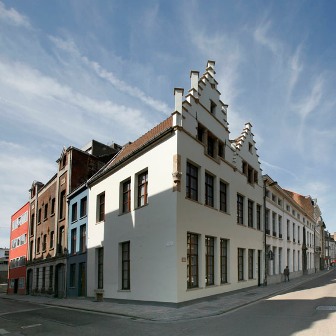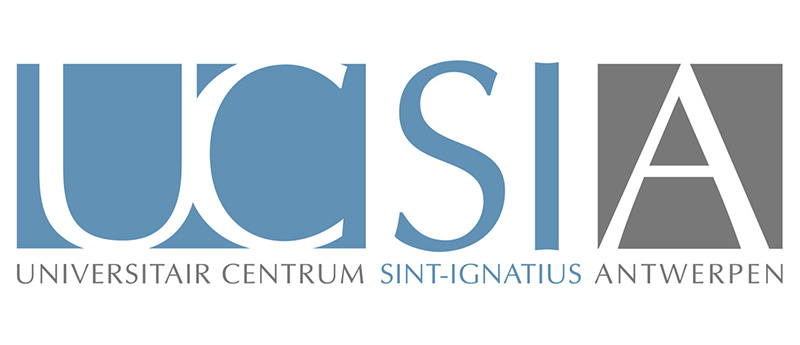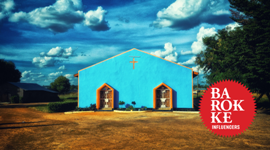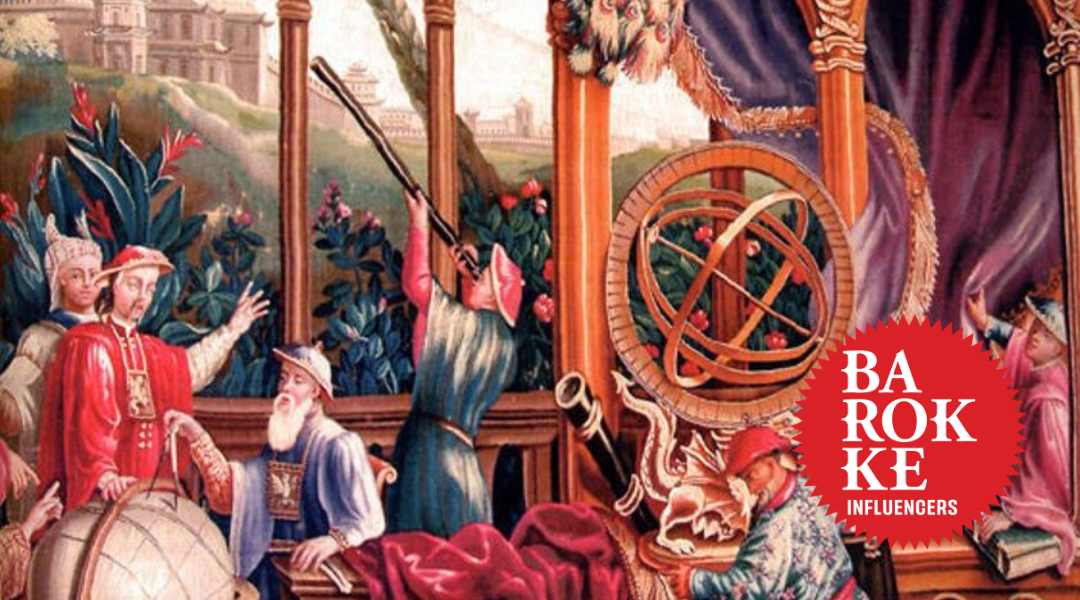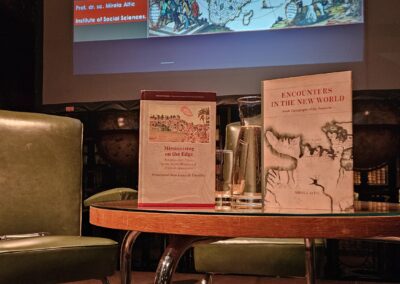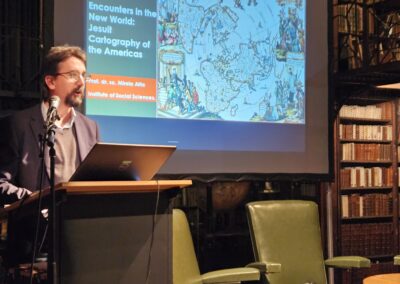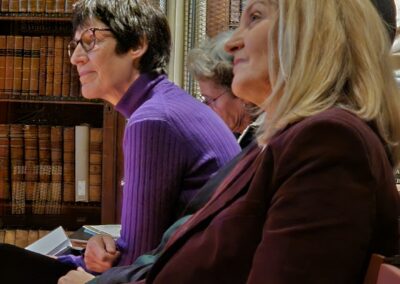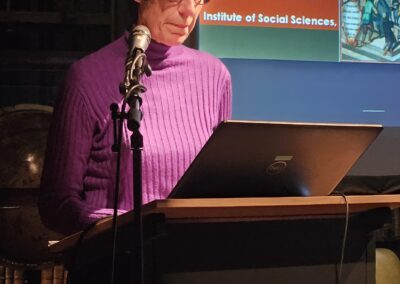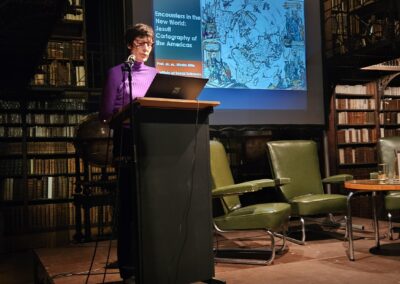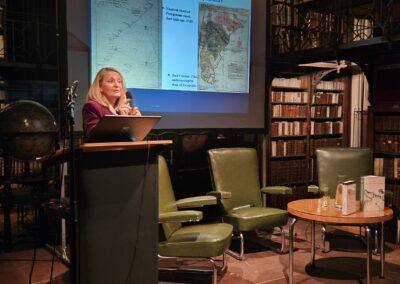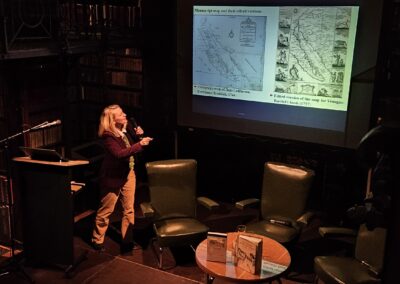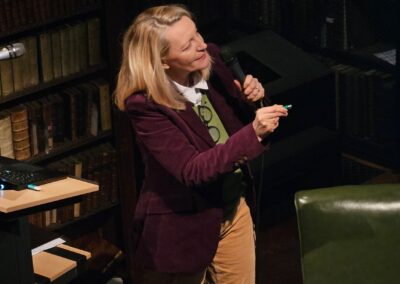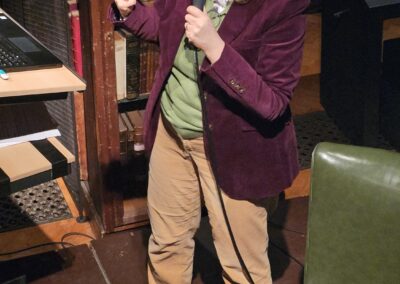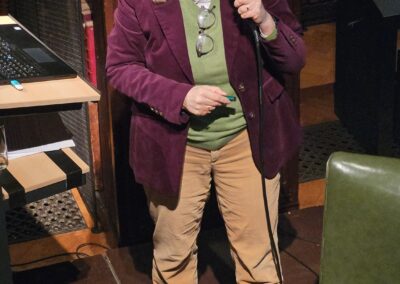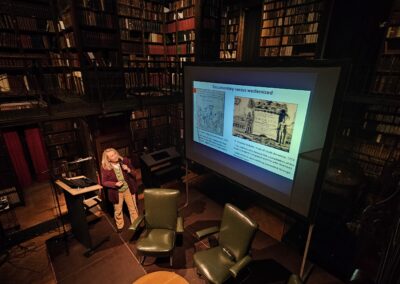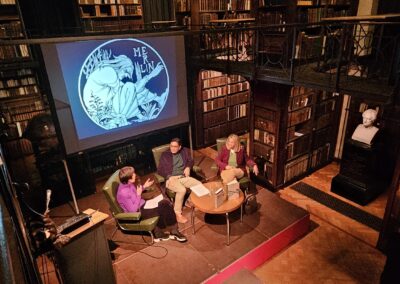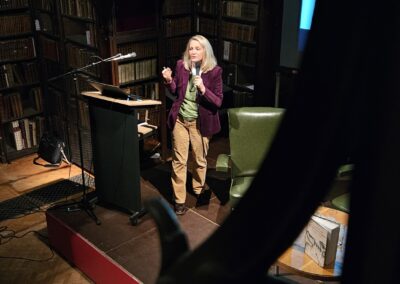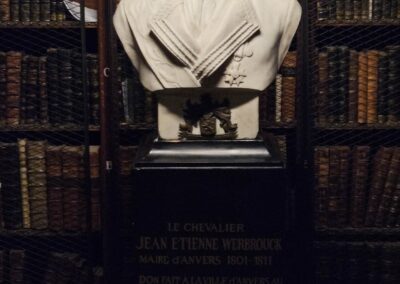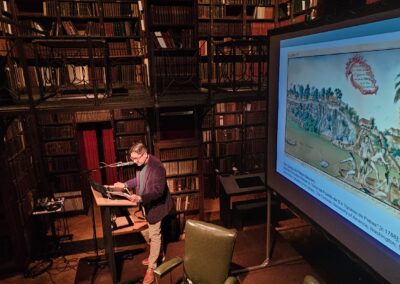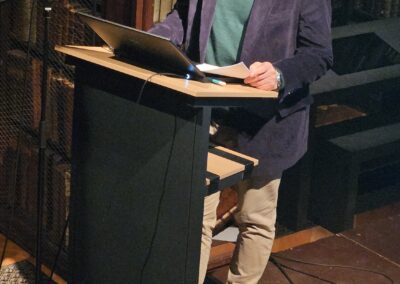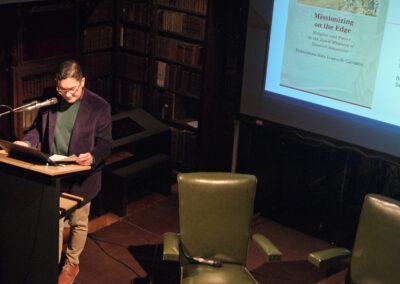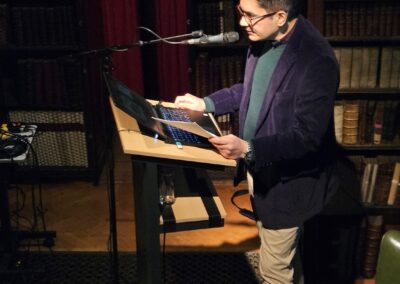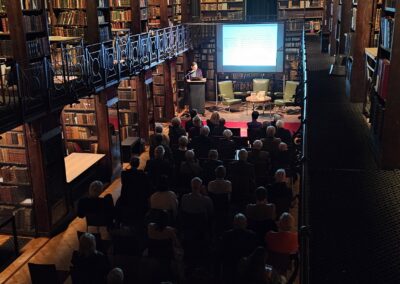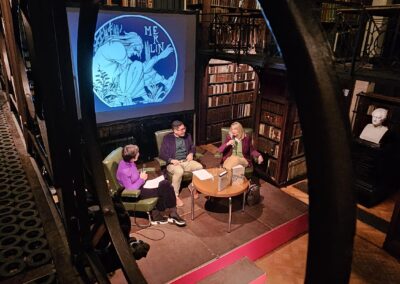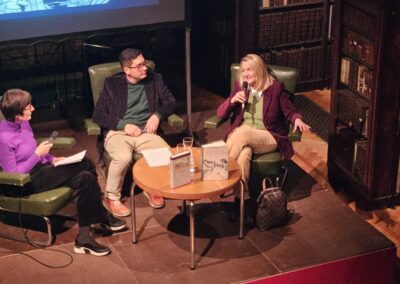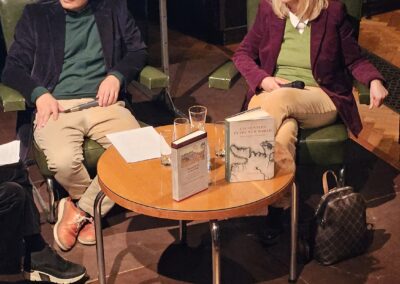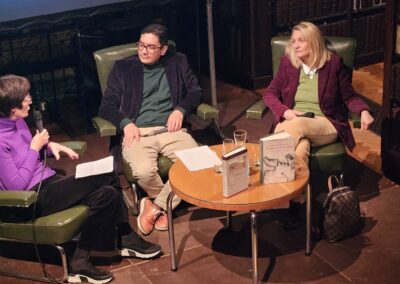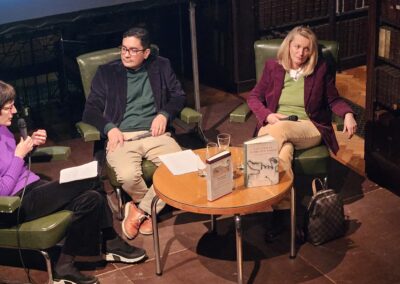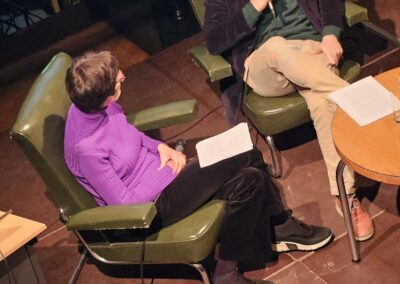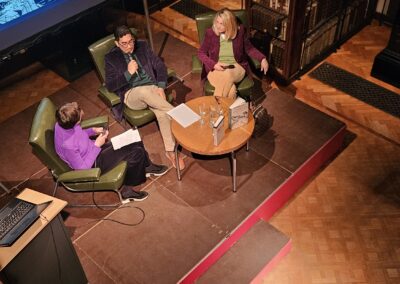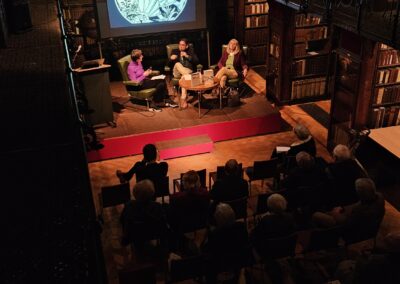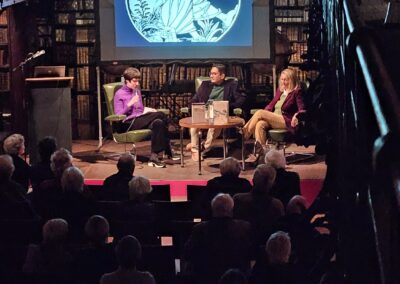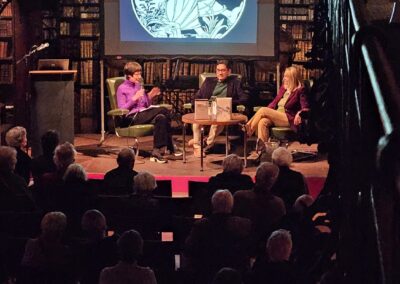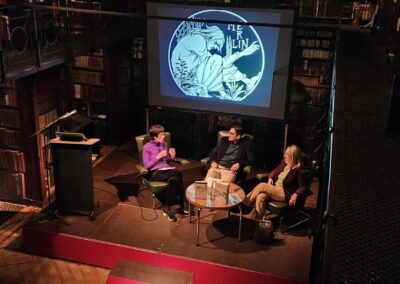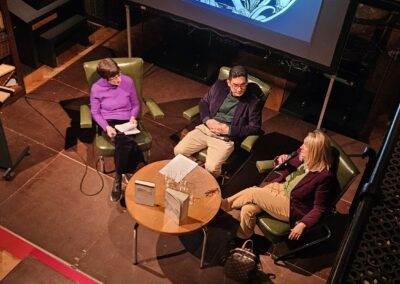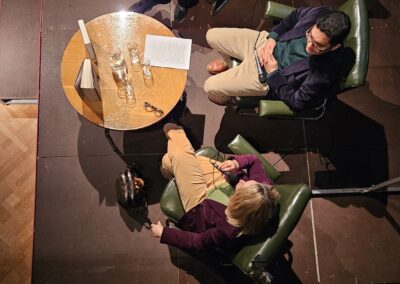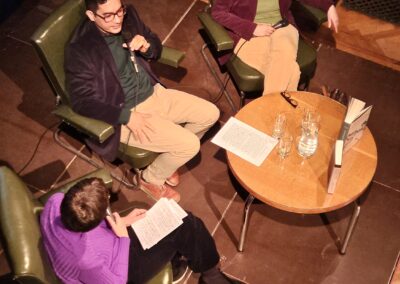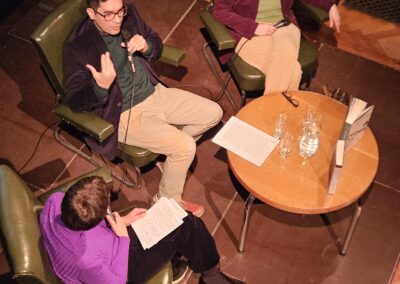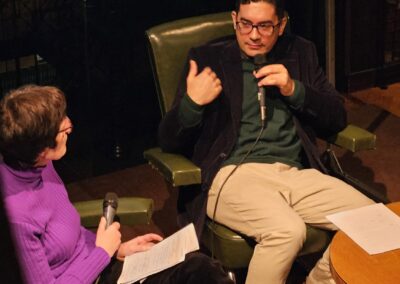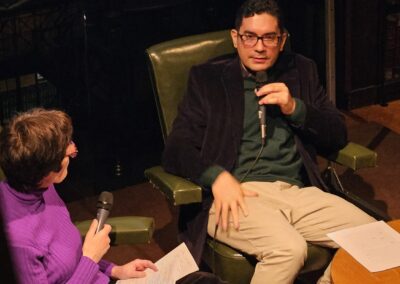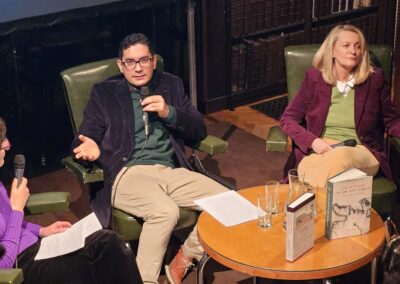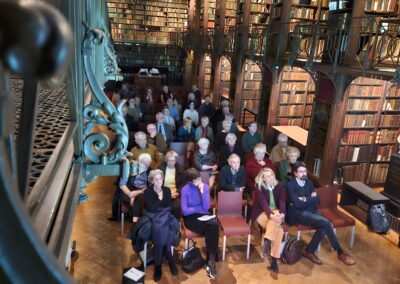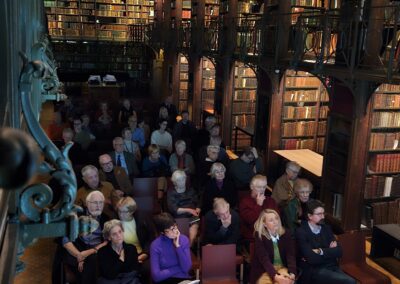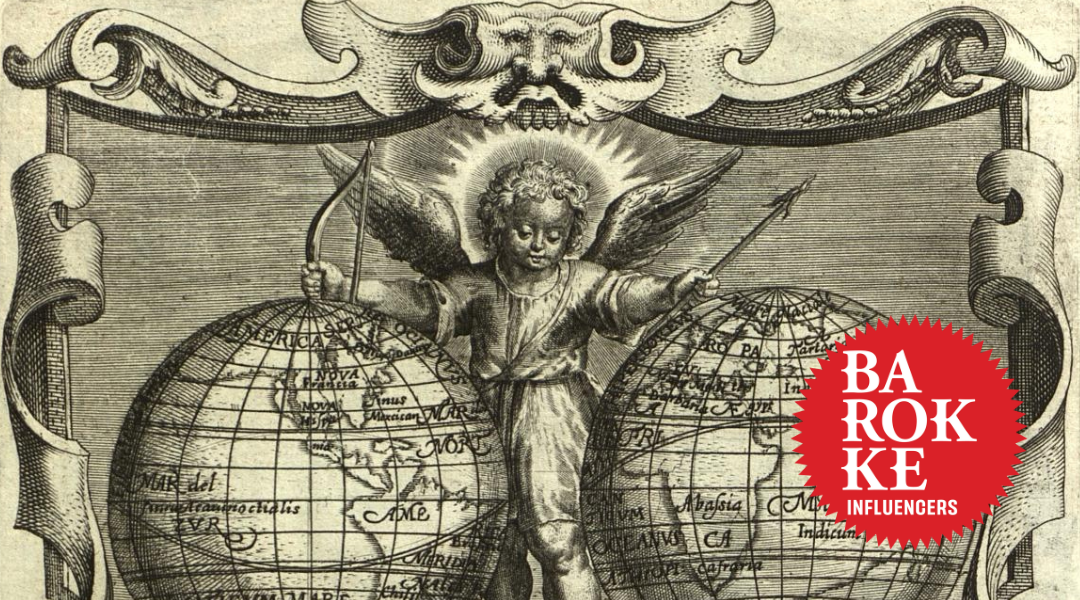
Missions, Maps and Mediators
Influential Encounters Between Jesuits and Native Americans
Lecture by Mirela Altic and Francismar Alex Lopes de Carvalho on 7 November 2023
The Society of Jesus was not the first nor the only Catholic order to deploy fervent missionary zeal in the 17th century European colonial endeavour in the Americas, but their network was exceptionally broad and well-organized and their experience extraordinarily well documented through their cartography and diplomatic correspondence.
Evidently these letters and maps were tools of colonial expansion, but the incorporation of native knowledge make them also an expression of cross-cultural communication. As such, Jesuit mapping of the Americas enabled an exchange of ideas and cultural concepts between the Old and The New World.
Their scientific and humanistic education not only enabled the Jesuit missionaries to transfer geographical reality, but also to establish contact with local populations and exchange knowledge about culture and ways of understanding man and the world. Their dependence on the collaboration of indigenous intermediaries shaped a new local power system in which concepts and ideas were exchanged and negotiated, translated and imposed, to form a new mental geography.
Renowned experts professor Mirela Altic (University of Zagreb) and professor Francismar Alex Lopes de Carvalho (University of Bonn) will lecture on and discuss these topics. Professor Altic is the author of ‘Encounters in the New World. Jesuit Carthography of the Americas’ (University of Chicago Press, 2022) in which she shows the incorporation of indigenous knowledge into the Jesuit maps, effectively making them an expression of cross-cultural communication. Professor Lopes de Carvalho recently published ‘Missionizing on the Edge. Religion and Power in the Jesuit Missions of Spanish Amazonia’ (Brill, 2023), a study of how natives actively engaged with the practices and ideas of settlement and religiosity that the Jesuits transmitted.
These talks is part of our lecture series on the big questions in society that UCSIA is organizing in the framework of the Baroque Influencers city festival.
Encounters in the New World: Jesuit Cartography of Americas
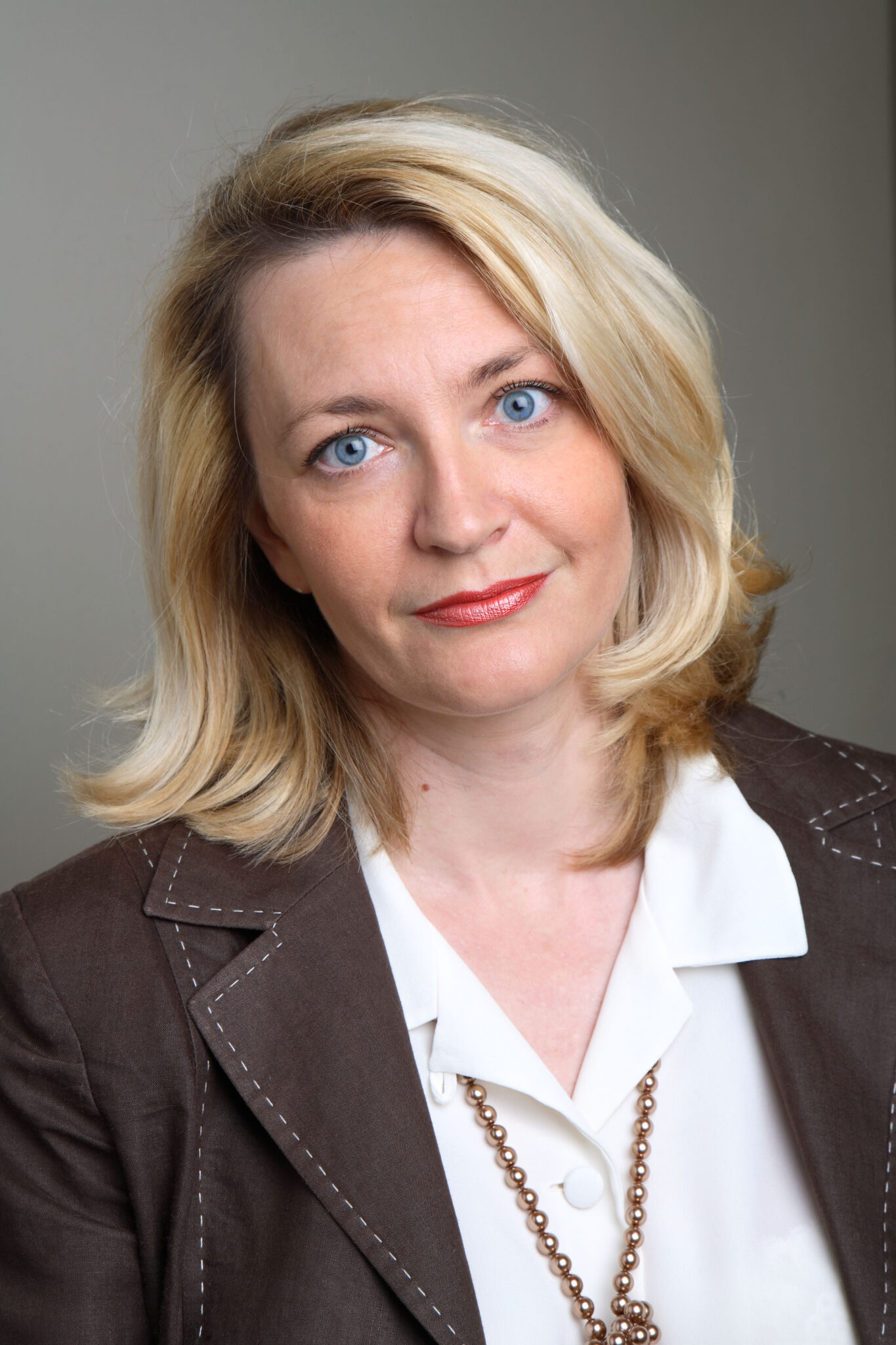
In this lecture Mirela Altic analyses maps produced by the Jesuits during their missionary work in the possessions of the Spanish, Portuguese, and French Crowns in both North and South Americas. She traces the Jesuit contribution to mapping and mapmaking from their arrival in the New World into the post-suppression period, placing it in the context of their worldwide undertakings in the fields of science and art. Altic’s analysis shows the incorporation of indigenous knowledge into the Jesuit maps, effectively making them an expression of cross-cultural communication—even as they were tools of colonial expansion. Far more than just a physical survey of unknown space, Jesuit mapping was in fact the most important link to enable exchange of ideas and cultural concepts between Old World and the New.
For this lecture Mirela Altic draws on insights from her beautifully illustrated book which was published under the same title with the University of Chicago Press in 2022.
Dr. Mirela Altic is a Chief Research Fellow at the Institute of Social Sciences and Full Professor in the Department of History, University of Zagreb where she has been teaching history students how to use maps as a historical resource for over twenty years. She specializes in social history of maps, cross-cultural knowledge exchange and early modern encounters. She is the author of twenty-two books and numerous scholarly papers and is a contributor to The History of Cartography Project (University of Wisconsin Madison/ University of Chicago Press). Over the last decade she has published extensively on the on Jesuit cartography and their contribution to the history of mapmaking and exploration in general.
Link list images in Mirela Altic's presentation
Due to copyright issues the images in Mirela Altic’s presentation have been omitted from the recording. You can find them in the link list below.
Societas Iesu per universum mundum diffusa praedicat Christi evangelium
Scherer, Heinrich, 1628-1704
Emblematic illustration with the motto “One world is not enough”
Acto académico of the Jesuit College in Barcelona, 1757
Sebastian Münster, Cosmographia, Basel, 1550
Mapa dos Confins do Brasil (Mapa dos Cortes), Lisbon, 1749
Map of Sonoran province, 1692, Adam Gilg, purpose: report on missionary activities (p 12)
Bahia de La Paz (Baja California), 1737, Ferdinand Konščak: military purpose (p 13)
Lake basin of Valley of Mexico compiled by Enrico Martínez and Juan Sánchez Baquero, 1608. Purpose: drainage works
Map of Colônia do Sacramento, Diogo Soares, 1731, military map of fortified town
Nautical chart of Patagonian coast, José Quiroga, 1745
anthropological map of Patagonia , (p165) José Cardiel, 1746
Map of Baja California, Ferdinand Konščak, 1746
Map of Guaraní missions, attributed to José Cardiel, 1752
Map of Nayarit, Sonora, Sinaloa, Tarahumara and Baja California, Anonym, ca 1722
Geografia, Heinrich Scherer, Munich, 1702
Map of Pimería (Mexico), Francisco Eusebio Kino, 1696-1697. To illustrate biography of martyred F.X. Saeta
Autograph map of Baja California, Ferdinand Konščak, 1746
Edited version of the map for Venegas-Burriel’s book (1757)
Map of Moxos (Bolivia) situated along Rio Guapay (Rio Grande), by Juan de Guevara, 1667
Map of the Moxos province compiled by anonymous Jesuit cartographer, 1713
El Gran Rio Maranon, Samuel Fritz, Quito, 1707
Map of Sonora, Adam Gilg, 1692
Map of South America (p 3), Thomas Falkner, 1772
Map of the New France, 1657, Francesco Giuseppe Bressani to Breve Relatione (1653)
Scene from Arauco War, Spanish troops in conflict with indigenous warriors, Alonso de Ovalle, 1646
Map of the Moxos, 1713
Missionizing on the Edge:
Religion and Power in the Jesuit Missions of Spanish Amazonia
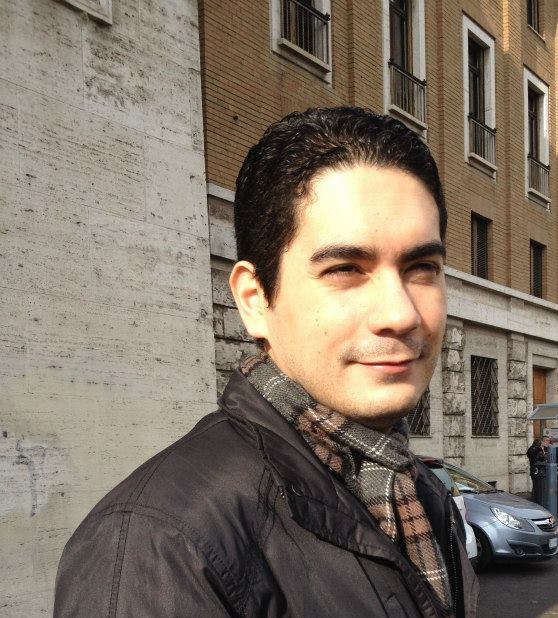
Dr. Francismar Alex Lopes de Carvalho is an Alexander von Humboldt-Stiftung Research Fellow at the University of Bonn in Germany. He is also a Professor of History at Rio de Janeiro State University in Brazil. His research is centered on the Jesuit missions in South America and the interactions between Iberians and autonomous indigenous groups. Dr. Carvalho has made significant contributions to his field, notably through the publication of two books: ‘Missionizing on the Edge’ (BRILL, 2023), which delves into the urban and religious experiences of Amazonian Natives within the Jesuit missions, and ‘Natives, Iberians, and Imperial Loyalties in the South American Borderlands’ (Palgrave, 2022), which explores the intricate interactions between Natives, Portuguese, and Spanish in the central regions of South America during the eighteenth century.
More ‘Big Questions’ at the ‘Baroque Influencers’ city festival:
The Future of the Mission,
the Mission of the Future
debate (in Dutch)
Big Questions of Baroque Influencers
27 November 2023
The Discovery of China
book launch (in Dutch)
Big Questions of Baroque Influencers
20 November 2023
Mathematics and Sciences as Art for Tomorrow
lecture (in Dutch)
Big Questions of Baroque Influencers
25 October 2023
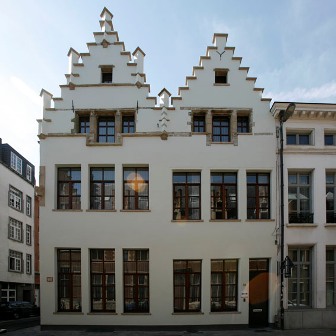
UCSIA
Koningstraat 2
B-2000 Antwerpen
info@ucsia.be
Tel. +32 (0)3 265 49 60
Voorlopige locatie tijdens de renovatiewerken:
Blindestraat 14, 2000 Antwerpen
